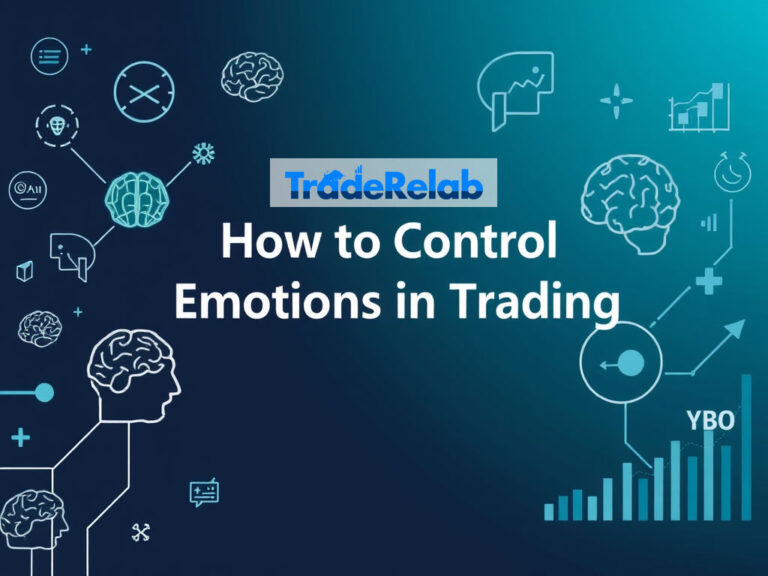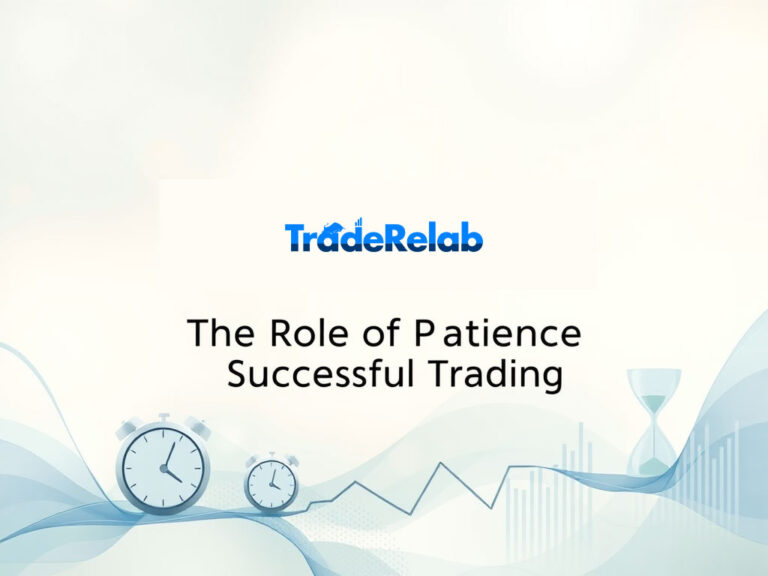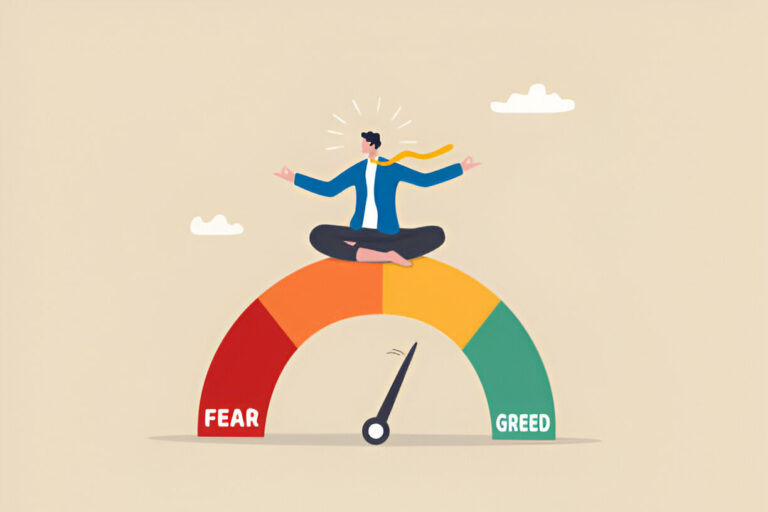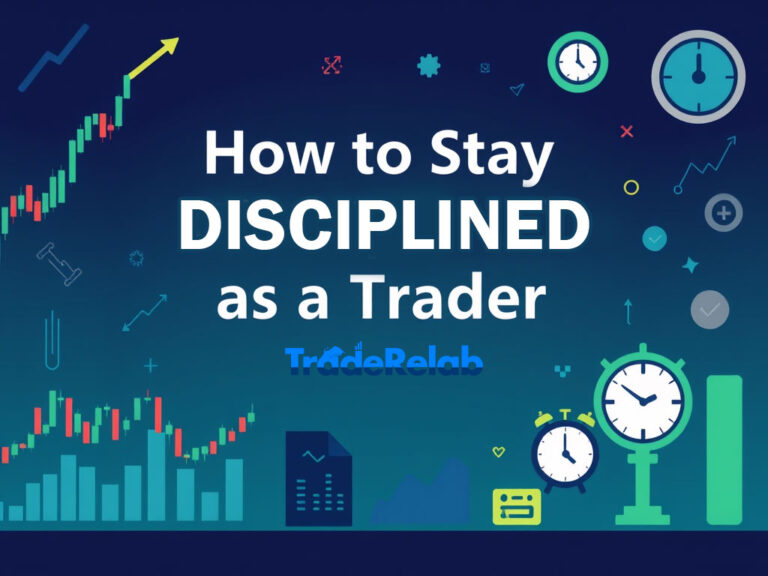Building the Right Mindset for Trading Success

In the world of trading, the right mindset can make the difference between success and failure. While technical skills and market knowledge are important, a trader’s psychology plays a crucial role in determining how well they perform. Building the right mindset for trading success is about more than just controlling emotions; it’s about developing discipline, patience, resilience, and a long-term perspective. In this article, we will explore how to cultivate the mindset necessary for becoming a successful trader and the mental habits that can help you thrive in the markets.

Why Mindset Matters in Trading
Trading is not just about executing strategies or analyzing charts; it is about how you respond to market fluctuations and manage your emotions during both wins and losses. Having the right mindset helps traders remain calm during periods of uncertainty, make objective decisions, and keep a clear focus on their long-term goals.
A trader with the right mindset approaches the market with patience, understands the risks involved, and is prepared to face both successes and setbacks without losing composure. On the other hand, a trader without a stable mindset may fall victim to impulsive decisions, overtrading, or excessive risk-taking, leading to poor results.
Key Aspects of a Successful Trader’s Mindset
1. Patience
Patience is one of the most valuable qualities a trader can possess. Trading success doesn’t happen overnight. It requires waiting for the right opportunities to arise, following your strategy without rushing, and allowing trades to develop over time.
Impatience can lead to premature entries or exits, often based on emotions like fear or greed. These decisions can negatively impact profitability. A patient trader waits for high-quality setups that align with their strategy, and they stick to their plans without being swayed by market noise.
2. Discipline
Discipline is the ability to stick to your trading plan and consistently follow your strategies, rules, and risk management practices. A disciplined trader does not deviate from their pre-established plan, even in the face of market volatility or short-term losses.
Without discipline, traders often make impulsive decisions, take unnecessary risks, or chase after quick profits. Maintaining discipline involves having a clear trading plan, setting strict risk limits, and knowing when to stop trading for the day. The discipline to follow these steps increases the likelihood of achieving long-term success.
3. Emotional Control
Emotional control is another essential component of a successful trading mindset. The markets can be unpredictable, and emotional responses to both winning and losing trades can cloud judgment. Common emotions like fear, greed, and excitement can lead to poor decision-making, such as exiting a trade too early out of fear of losing profits, or holding a trade too long due to greed.
Traders who have mastered emotional control can keep their reactions in check. They focus on executing their strategy rather than letting their emotions guide their actions. One way to manage emotions is to have predefined rules for entering and exiting trades, as well as using tools like stop-loss orders to limit emotional decision-making.
4. Resilience
Resilience in trading refers to the ability to bounce back from losses and setbacks without losing focus or confidence. All traders face losses at some point, and how you handle them can have a significant impact on your trading career. Instead of viewing losses as failures, resilient traders see them as learning experiences and opportunities to refine their strategies.
Resilience is about maintaining a positive mindset, not allowing losses to derail your progress, and staying focused on your long-term goals. Traders who are resilient can handle adversity with grace and stay motivated, even after a losing streak.
5. Confidence with Humility
Confidence is crucial for making decisions in the face of uncertainty, but it must be balanced with humility. Confident traders trust their research, strategies, and decisions but are also aware that the market can be unpredictable. Humility helps traders accept that no one can control the markets, and losses are part of the game.
A confident yet humble trader will take responsibility for their mistakes, learn from them, and avoid becoming overly arrogant after a series of wins. This balanced approach helps maintain a level-headed attitude, which is key for making sound decisions.
6. Long-Term Focus
Successful traders understand that the path to profitability is a marathon, not a sprint. They focus on long-term goals and avoid becoming distracted by short-term market movements. Trading with a long-term perspective means managing risk carefully, staying disciplined in your approach, and not making impulsive decisions based on short-term fluctuations.
Traders who are overly focused on immediate gains often take on more risk than they should, which can lead to emotional burnout and significant losses. By maintaining a long-term focus, traders are better able to weather the ups and downs of the market and build sustainable success.
How to Build the Right Mindset for Trading
1. Develop a Trading Plan
A trading plan serves as a roadmap for your trading journey. It includes your goals, risk management rules, entry and exit strategies, and criteria for evaluating trades. Having a detailed plan helps you make decisions based on logic rather than emotions, and it provides a clear structure for your trading activities.
When building a plan, consider your risk tolerance, time availability, and trading style (e.g., day trading, swing trading, or long-term investing). A well-defined plan gives you the confidence to follow through with your trades, knowing that they align with your broader objectives.
2. Practice Mental Exercises
Mental exercises can help improve your emotional control, resilience, and focus. Meditation, mindfulness, and breathing exercises are popular techniques for calming the mind and reducing anxiety. These practices can help you stay composed during periods of market volatility, avoid impulsive reactions, and maintain a balanced perspective.
You can also practice visualization techniques, where you mentally rehearse successful trades or imagine how you would respond to losses. Visualization can help you prepare emotionally for the ups and downs of trading.
3. Start Small and Build Confidence
If you’re new to trading or are struggling with your mindset, start with small trades. This allows you to gain experience without risking significant amounts of capital. Small wins can help you build confidence, while small losses allow you to refine your strategies without major consequences.
As you build experience and confidence, you can gradually increase your position sizes and risk tolerance. The key is to focus on the learning process rather than just the outcome.
4. Maintain a Trading Journal
A trading journal is an invaluable tool for improving your mindset and performance. By recording your trades, emotions, and thought processes, you can identify patterns in your behavior, such as emotional triggers or tendencies to overtrade. This self-awareness can help you adjust your approach and make better decisions in the future.
Review your journal regularly to reflect on what went well and what could be improved. Over time, you’ll develop a deeper understanding of your strengths and weaknesses as a trader.
5. Learn from Mistakes and Celebrate Progress
Every trader makes mistakes, but successful traders learn from them. Instead of becoming discouraged by losses, view them as valuable learning opportunities. Take the time to analyze your trades, identify what went wrong, and adjust your approach accordingly.
At the same time, celebrate your progress, no matter how small. Recognizing your achievements, whether it’s sticking to your trading plan or handling a loss with composure, can boost your confidence and reinforce positive habits.
Conclusion
Building the right mindset for trading success is not an overnight process. It requires patience, discipline, emotional control, resilience, and a long-term perspective. By developing these mental habits, traders can navigate the challenges of the market with clarity and confidence. Remember, success in trading is about making consistent, well-thought-out decisions, not chasing quick profits. With the right mindset, you’ll be better prepared to handle the highs and lows of trading and achieve long-term success.
FAQ:
1. How can I stay disciplined when trading?
You can stay disciplined by creating a comprehensive trading plan, sticking to your strategy, managing risk effectively, and avoiding impulsive decisions based on emotions.
2. How do I manage emotions while trading?
Managing emotions involves practicing emotional control techniques such as meditation, visualization, and mindfulness, as well as following predefined rules for entering and exiting trades.
3. What is the importance of resilience in trading?
Resilience helps traders recover from losses, stay focused on long-term goals, and maintain motivation. It allows traders to handle setbacks without losing confidence or discipline.
4. How can I develop confidence as a trader?
Building confidence comes from experience, learning from mistakes, and gradually increasing your position sizes. A trading journal can also help track progress and boost confidence over time.
5. Why is having a long-term focus important in trading?
A long-term focus helps traders avoid impulsive decisions, manage risk, and stay on track toward sustainable profitability, rather than being swayed by short-term market movements.






